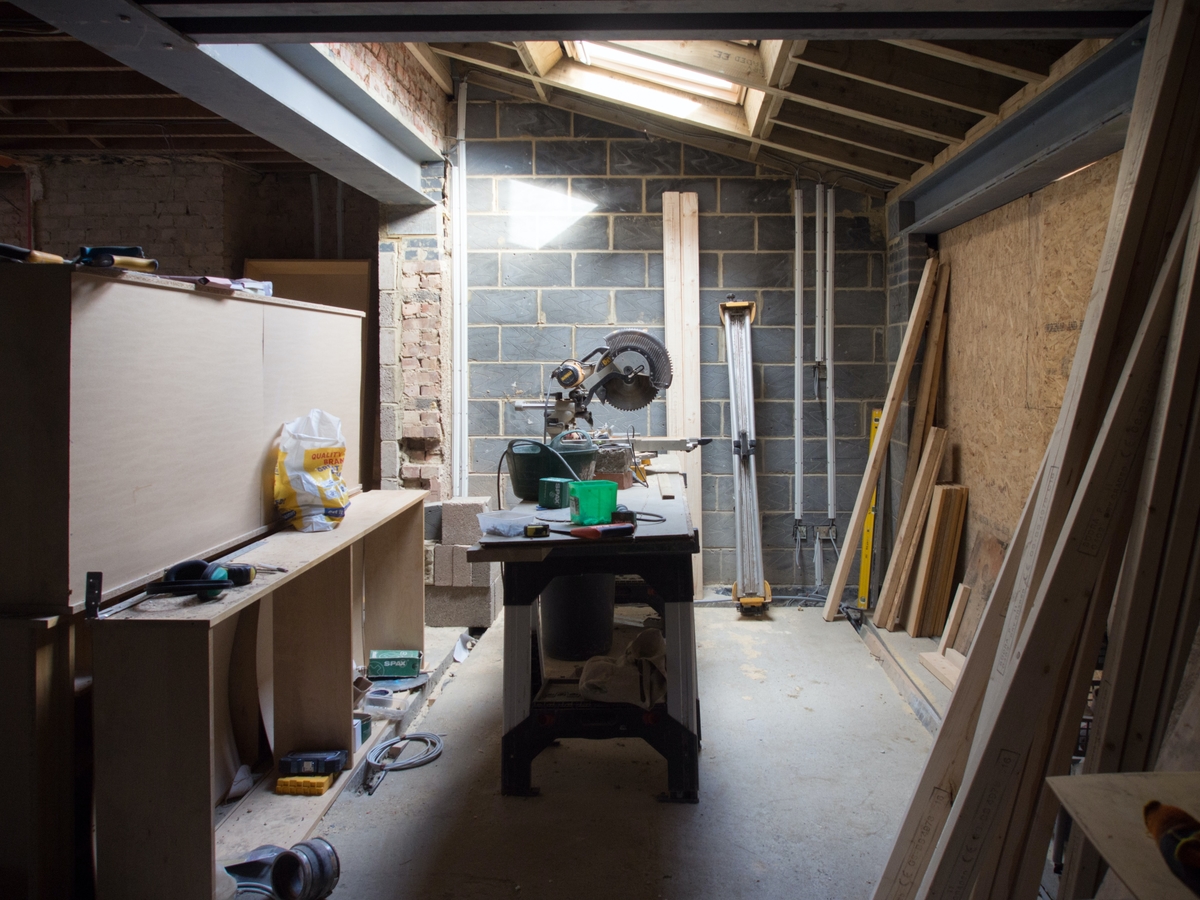Low existing inventories and strong buyer demand helped push builder confidence higher for the third consecutive month even as supply-side challenges — including building material bottlenecks and lot and labor shortages — remain stubbornly persistent. Builder sentiment in the market for newly built single-family homes moved three points higher to 83 in November, according to the NAHB/Wells Fargo Housing Market Index (HMI) released today.
“The solid market for home building continued in November despite ongoing supply-side challenges,” said NAHB Chairman Chuck Fowke. “Lack of resale inventory combined with strong consumer demand continues to boost single-family home building.”
“In addition to well publicized concerns over building materials and the national supply chain, labor and building lot access are key constraints for housing supply,” said NAHB Chief Economist Robert Dietz. “Lot availability is at multi-decade lows and the construction industry currently has more than 330,000 open positions. Policymakers need to focus on resolving these issues to help builders produce more housing to meet strong market demand.”
Derived from a monthly survey that NAHB has been conducting for 35 years, the NAHB/Wells Fargo HMI gauges builder perceptions of current single-family home sales and sales expectations for the next six months as “good,” “fair” or “poor.” The survey also asks builders to rate traffic of prospective buyers as “high to very high,” “average” or “low to very low.” Scores for each component are then used to calculate a seasonally adjusted index where any number over 50 indicates that more builders view conditions as good than poor.
The HMI index gauging current sales conditions rose three points to 89 and the gauge charting traffic of prospective buyers also posted a three-point gain to 68. The component measuring sales expectations in the next six months held steady at 84.
Looking at the three-month moving averages for regional HMI scores, the Midwest rose four points to 72, the South registered a four-point gain to 84 and the West rose one point to 84. The Northeast fell two points to 70.
HMI tables can be found at nahb.org/hmi. More information on housing statistics is also available at Housing Economics PLUS (formerly housingeconomics.com).
*Note: All articles have been redistributed from NAHBnow.com*
